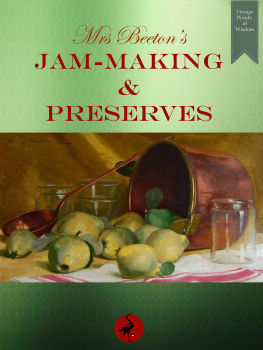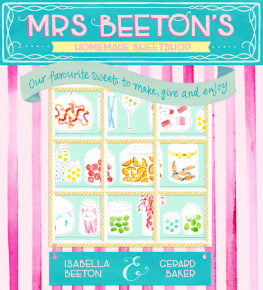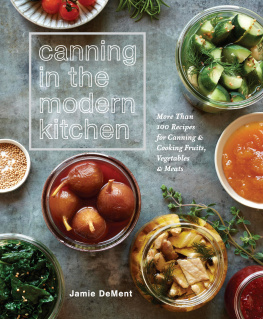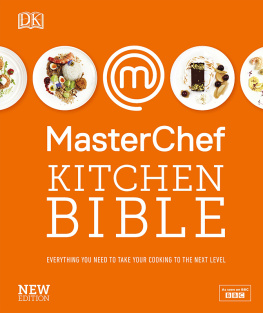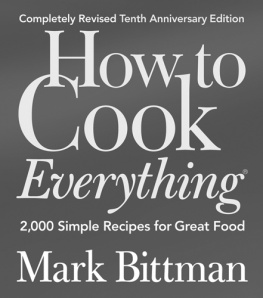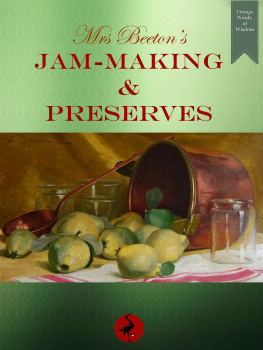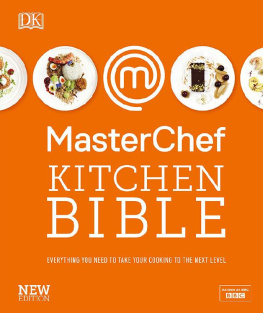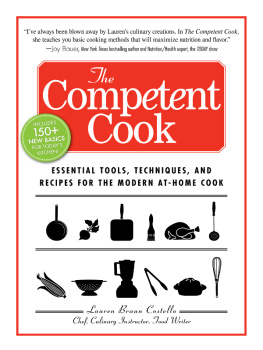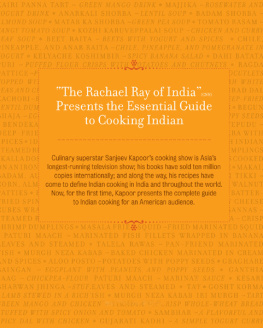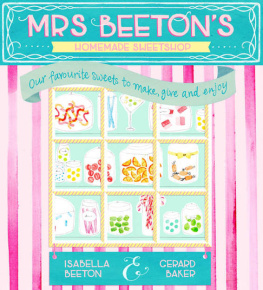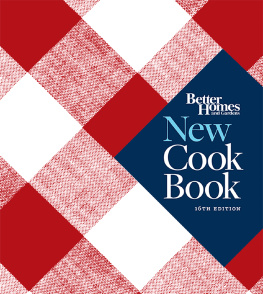
When Isabella Beeton first published Beetons Book of Household Management in 1861, Britain was still a rural society in which large numbers of people were involved in farming and many grew their own fruit and vegetables at home. As a result, most households ate very simply, in tune with the seasons. The repertoire of home cooks was small and economy was vital, so the emphasis was on getting the most out of each and every ingredient.
But change was already underway. Just as the Industrial Revolution moved people from the country to the cities, the development of modern transport networks, refrigeration and kitchen appliances brought a world of food to our fingertips. Yet, sadly, those same developments led to a steady decline in the numbers of people cooking at home, and a loss of the basic skills and techniques that were taken for granted 150 years ago.
With todays renewed interest in seasonality, traceability and sustainability, the resurgence of forgotten or underused ingredients and the increased numbers of people cooking at home for economic reasons, Mrs Beetons expertise is more relevant than ever. The recipes celebrated in this collection are both timeless and delicious, and offer the perfect opportunity for both new and experienced cooks to rediscover good, old-fashioned home cooking.
The author
Today, most of us have a mental image of Mrs Beeton as a matronly figure brisk, efficient and experienced in the kitchen. In fact, Isabella Beeton was young and recently married, juggling working outside the home with running her household and coping with the demands of a husband and young family. Having worked on it through her early twenties, she saw her book published at the age of 25 and died just three years later.
Isabella was born in London, grew up in Epsom and began her married life in Hatch End (which was then on the outskirts of London). Although she wrote of housekeepers, butlers and valets, her world was far from the big country houses of the preceding century, and although it is likely that she had some help in the kitchen, she almost certainly managed her home and most of the cooking herself. Her book was inspired by an awareness of the challenges faced by women like herself, and a wish to use the knowledge and experience she had gained to help other young women in her position:
well served out of doors, at their clubs, well-ordered taverns, and dining-houses, that in order to compete with the attractions of these places, a mistress must be thoroughly acquainted with the theory and practice of cookery, as well as be perfectly conversant with all the other arts of making and keeping a comfortable home.
There is no question of Isabella Beeton having written all the material herself. As a young woman with limited experience of running a home, she would not have been able to compile so authoritative a text without help. What she did have was an understanding of the kind of information that women like herself wanted to have at their fingertips and with that in mind, she used her position as editor of The Englishwomans Domestic Magazine to pull together the best recipes and advice from a wide range of sources.
For the matter of the recipes, I am indebted, in some measure, to many correspondents of the Englishwomans Domestic Magazine, who have obligingly placed at my disposal their formulas for many original preparations. A large private circle has also rendered me considerable service. A diligent study of the works of the best modern writers on cookery was also necessary to the faithful fulfilment of my task. Friends in England, Scotland, Ireland, France, and Germany, have also very materially aided me.
Having gathered together her source material, Mrs Beeton then set about sorting it into as accessible and comprehensive a form as possible. She was among the first revolutionary food writers to style recipes in the format that we are familiar with today, setting out clear lists of ingredients and details of seasonality, time taken, average cost and portions produced (this last being entirely her invention). She also offered notes on how to source the best food for her recipes placing particular emphasis on such old-fashioned (or, in our eyes, surprisingly modern) ideas as the use of seasonal, local produce and the importance of animal welfare.
In essence, her success was in identifying that her own needs were shared with her readers. And her book clearly found an audience: it sold in huge numbers from the outset and has been in demand, in its various incarnations, ever since. It is easy to see why. Mrs Beetons core themes buy well, cook well and eat well are as relevant today as they were 150 years ago.
The ingredients
Up to the building of the first railways, food distribution in Britain was essentially local. When Mrs Beeton was writing, the suburbs of our major cities still contained market gardens London was once ringed with them and the surrounding countryside provided supplies for the cities ever-increasing populations, with historic drove roads and market routes funnelling animals to population centres.
However, this was a time of massive social, technological and agricultural change. Four-crop rotation techniques had been adopted from Europe under the influence of Charles Turnip Townshend 100 years earlier, increasing agricultural yields and allowing greater animal productivity. At Ballindallach castle, within sight of the fishermen in the Junction pool, the breed we now know as the Aberdeen Angus was being developed by Sir George Macpherson-Grant, and other advances in animal and plant breeding were gathering pace.
The power of the British Empire meant that in many instances food could be imported more cheaply than it could be produced. Processed foods were also beginning to appear on the market and being seized upon with enthusiasm by a new generation of women who, unlike their forebears, could not afford staff and had to manage the kitchen, as well as the rest of the household, themselves.
The change in the nature of our food supply was underway. Developments in pesticides, fertilisers and machinery changed the face of farming by the middle of the twentieth century, with a constant stream of workers being forced off the land and into the cities, where they would gradually lose touch with their food and the way in which it was produced.
In the background, voices have always challenged the direction in which our national food production has developed. When Eve Balfour championed low-input mixed farming techniques and campaigned to set up the Soil Association in 1946, she was considered a radical pioneer. Today, the organic and slow food movements work to protect traditional farming methods all over the world. There is hope, too, for many of our traditional animal breeds, which are being revived by the Rare Breeds Survival Trust.
And consumers are increasingly concerned about the provenance of their food, too. More and more of us are now rejecting exotic and well-travelled foods in favour of the fresher, tastier, more nutritious ones that we can find (or grow) in our own backyards. We are choosing to shop at farmers markets and farm shops and patronise our local butchers, fishmongers and greengrocers rather than just buying everything at the supermarket. Seasonal vegetables and locally produced organic meats, smoked fish, cheeses the sorts of things that we are increasingly seeking out would all have been very familiar to Isabella Beeton. In a sense we have come full circle.


